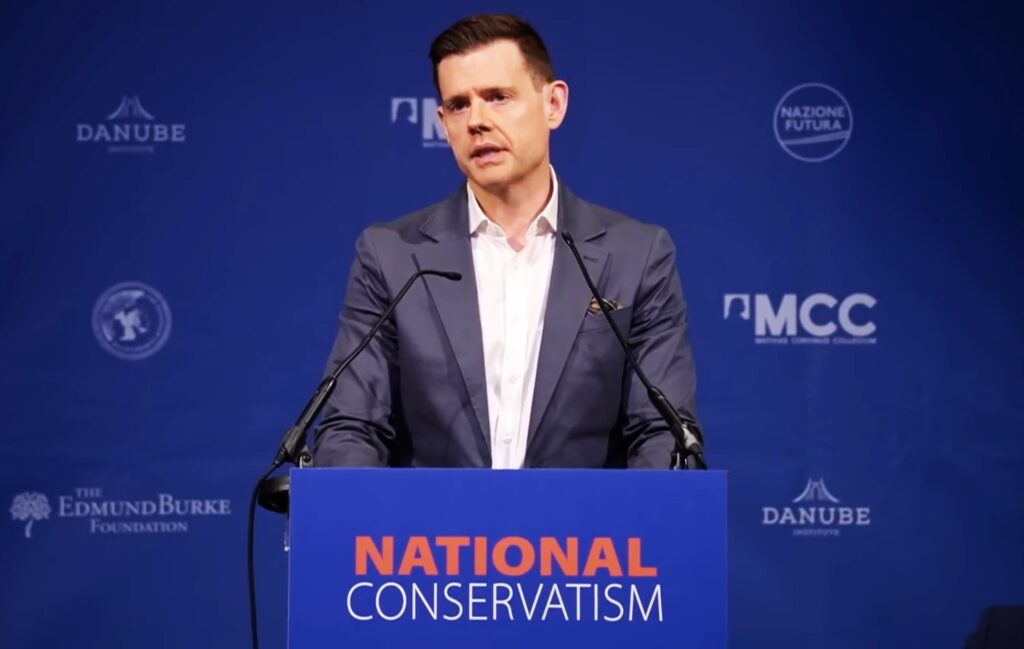Over two thirds of academics who recently wrote to the EU disputing the climate benefits of electric cars are petrol or diesel specialists, with a third having worked in the motor industry, DeSmog can reveal.
The International Association of Sustainable Drivetrain and Vehicle Technology Research (IASTEC) wrote to the European Commission in June, claiming the EU body had made a miscalculation when assessing the effectiveness of electric vehicles at cutting greenhouse gas emissions.
The findings come ahead of the world’s largest motor industry conference, the International Automobile Exhibition (IAA), which begins on Tuesday in Munich, Germany.
In the letter and accompanying “position paper“, the group of 171 signatories argued that eliminating internal combustion engines (ICEs) would not effectively cut emissions. The claims were widely shared in the German press, but were dismissed by experts as “combustion engine lobby gaslighting”.
DeSmog can now reveal a third of the signatories (33 percent) have past or present affiliations with motor companies, while 71 percent are internal combustion engine (ICE) specialists. None have any apparent expertise in electric vehicles (EVs).
Eight of the signatories on the document were repeated, while several names could not be verified online.
Responding to the data, Julia Poliskanova of environmental organisation Transport & Environment said it was “clear that IASTEC are not ‘independent scientists’ but rather a group that, at best, has no authority to criticise electric cars and, at worst, is driven by vested engine interests”.
Quoting US science historians Naomi Oreskes and Erik Conway, known for their work on efforts by the oil industry to promote climate science denial, she added that the group were “‘merchants of doubt’, using the known tactics of sowing seeds of doubt and twisting facts to suit their commercial ends”.
‘Lobby Gaslighting’
According to the IASTEC website, the group is “in the process of founding”, describing itself as “an international association of professors and researchers worldwide working on vehicle and drivetrain research at famous universities”.
In their paper, the group draws on a study published in a mathematics journal, claiming that a standard analysis of electric vehicles’ emissions footprint “extensively underestimates real CO2 emissions”.
The group instead recommends replacing petrol and diesel with carbon-neutral equivalents called “reFuels”, which it describes as “CO2 neutral synthetic fuels” that can be blended with fossil fuels, and are aimed at reducing emissions from road transport until electric vehicles have developed further.
While the paper gained traction in the German media, EV experts were quick to dispute its findings. In a widely shared Twitter thread, Eindhoven University researcher Auke Hoekstra accused the group of “combustion engine lobby gaslighting” and using “convoluted and amateurish” maths to make inaccurate claims. He added that the report also ignored future improvements in EV benefits, such as the ability of cars to charge in off-peak hours to avoid overloading the grid.
Diesel Background
DeSmog has found that a number of the signatories disputing EV effectiveness have a history of promoting or working in the diesel engine industry. Many of the signatories have worked in motor and oil companies in the past, including at Ford and General Motors, while dozens have publicly supported diesel technology.
Professor Thomas Koch, one of the paper’s lead authors, worked for 10 years in engine development for German car manufacturer Daimler, and was an expert on the parliamentary committee of inquiry during the German diesel emissions scandal in 2014. While head of the Institute for Piston Engines at the Karlsruhe Institute for Technology (KIT), he claimed in a 2018 interview that “diesel is better”, saying that he owns two diesel cars and did not plan to replace them “anytime soon”.
Koch, who is listed as the group’s spokesperson on its website and is not believed to be related to the US oil magnate Koch family, told DeSmog the funding of the group was “an academic initiative without any interaction of industry”.
When asked about the high proportion of the group working with ICEs, Koch said that all authors of the paper worked in academia, and that “the complexity of the technology and especially the complexity of the development processes require experience in industry”.
He said the paper “does emphasise the necessity of BEV (Battery Electric Vehicles) for plenty of applications but it also emphasises the necessity of alternative technical solutions”.
Other pro-diesel signatories include Christian Beidl, head of the Department of Mechanical Engineering at the Technical University of Darmstadt in Germany, who said in an interview that the debate around diesel had become an “ideological discussion in which the diesel engine is condemned across the board” and that diesel engines “have a very good CO2 balance”.
Poliskanova, of Transport & Environment, said that independent research “has proven that electric cars today are already significantly better for the environment than the oil engines they replace”.
“It doesn’t mean that we should not work to source materials sustainably or that we should not switch to 100 percent renewables,” she added. “But it does mean that it is time to stop the questioning, and instead hurry to accelerate their uptake for the sake of the warming planet.”
Subscribe to our newsletter
Stay up to date with DeSmog news and alerts






